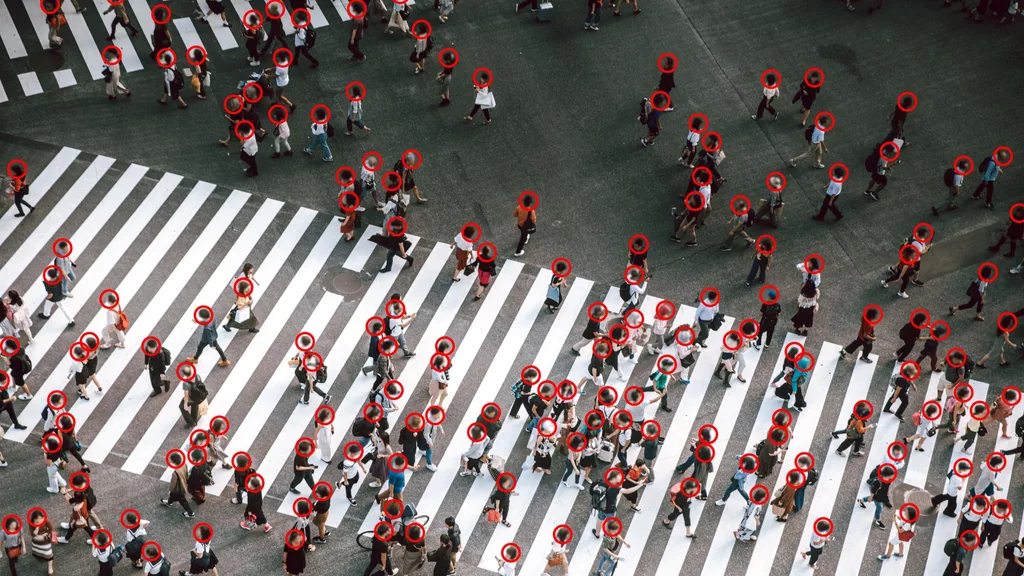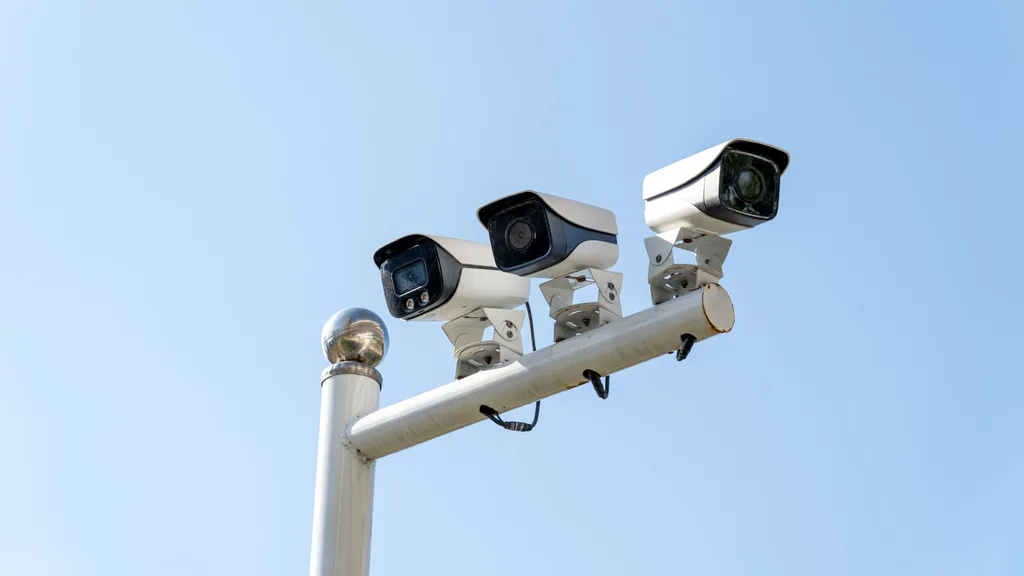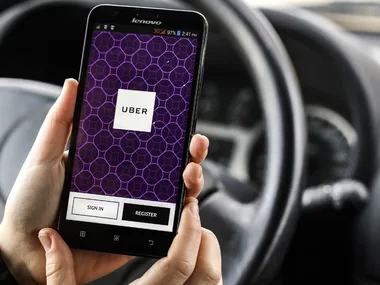It was a Christmas morning the day my brother disappeared.
A notorious present opening nag, it became apparent that something was very wrong after he failed to call and coordinate a time to open his gifts.
By 10am, a small search party (read: two friends and my mum) had been assembled, who were able to pinpoint his last known location at a bar in Manly, shortly after midnight.
As an image of my younger brother lying facedown in a pool of vomit prodded the back of my mind, we made the seemingly logical decision to scale his apartment building in the event that he was trapped inside.
It was at this point, with a ladder secured in the back seat of the car, that the phone finally rang. “What’s going on?” my brother croaked. “I’ve got 25 missed calls.”
It turns out, my severely hung-over brother was in such a deep sleep that he hadn’t stirred at the heavy pounding on his front door. It was a Christmas miracle.
That day, we made the decision to each download the Find My Friend app and keep our locations on indefinitely to save any future anguish.

Becoming accustomed to being tracked
As apps like Life 360, Find my Friends and Snapchat’s snap maps feature increase in popularity, with 80% of people who use the location sharing tool doing so as a safety measure according to The New York Times, it raises an important question around the right to know where are friends are.
Admittedly, I had found a great comfort in tracking and being tracked. I could finally forgo the ‘text me when you’re home’ messages, instead seeking security in the glowing blue orb resting comfortably over the home address of my loved ones.
As a woman with an instilled fear of quiet streets and suspiciously slow vans, the app also provided an invisible shield of protection. Forget keys wedged between my knuckles, my digital footprint had become my new superpower; repelling predators on every street corner.
Although, it wasn’t long before my small safety net quickly expanded into a military level surveillance operation. I had friends, relatives and even colleagues requesting to know my whereabouts. Each time I opened the app, I was met with a pool of avatars migrating across a map like my own personal ‘The Sims’ video game.
At first, the intel proved useful. When a friend told me they were five minutes away in a cab, I could cross-reference the app and discover they hadn’t moved passed their front gate, meaning I still had enough time to binge the next episode of The Secret Lives of Mormon Wives before they arrived.
After work, my partner and I were no longer waiting for the other to return home before starting the dinner. Having each others exact location meant either of us could put the pasta on to boil or pre-heat the oven without risking the meal overcooking. Yes, chef!

A help, or a hindrance?
Tracking my loved ones had even saved me from a few awkward encounters. When my partner and I decided to pick out an engagement ring together earlier this year, we decided not tell family and friends and keep the surprise until the proposal.
However, when Find My Phone alerted me that my mum was in fact at the same jewellery store having a bracelet prepared the same morning we had our engagement consultation booked, we were able to wait around the corner until her blue pin point navigated away from the vicinity.
It was as though I was living out my own Truman Show reality, except everyone knows and has consented to being watched.
Of course there were times when having my location available 24/7 proved to be problematic. I could no longer spin a little white lie when friends asked if I had plans, for fear of the app discrediting my story.
While simply turning off the app in these incidences might seem like the most obvious course of action, I couldn’t help but sense that there were unspoken politics of tracking etiquette.
Columbia University professor, Louise Barkhuus, agrees that while most of us are extremely relaxed about digital privacy issues, there is a social awkwardness around turning off your location after agreeing to share it with someone.
“I see people who are worried about turning off [their] location with people, even though they don’t want to share [location] with them anymore,” says Barkhuss. “They’re like, ‘No, they’re gonna get a notification, they’re going to be confronting me.’”
In this case, perhaps the new signifier of a relationships expiry is no longer mailing back your ex’s threadbare sweatshirt, but simply removing them from your (literal) radar altogether.

Who’s in your ‘social surveillance’ club?
As we move into a new age where digital intimacy is the new symbol of trust and connection, I feared the love language of commitment for a smart phone generation would one day read as ‘to track and be tracked, to death do us part.’
I also couldn’t help but speculate what a world without chance encounters would like, as the apps usage shifts from a device locator to a social platform. Has surveillance killed spontaneity? Is this the end of the cinematic meet cute?
Several years ago, when data was released that Sydney had ranked as one of the most surveillance cities in the world, with 12.35 cameras for every 1000 people, concerns for privacy were wide-spread. But now as location tracking further blurs the boundaries between public and private life, it appears the ability to navigate life off the radar has been diminished without sacrificing on social inclusion.
While location tracking has been an important tool for female safety and inadvertently a weapon against women who risk being stalked and monitored through cheap tracking technology, a future without increased public visibility is unlikely.
For now, I think the secret to navigating the club of ‘social surveillance’ is simply vetting who and why you are allowing into monitor your movements. Because after you’ve made that choice, the eyes have it.


